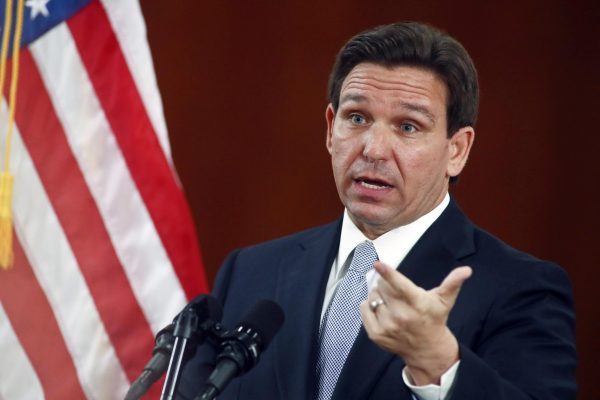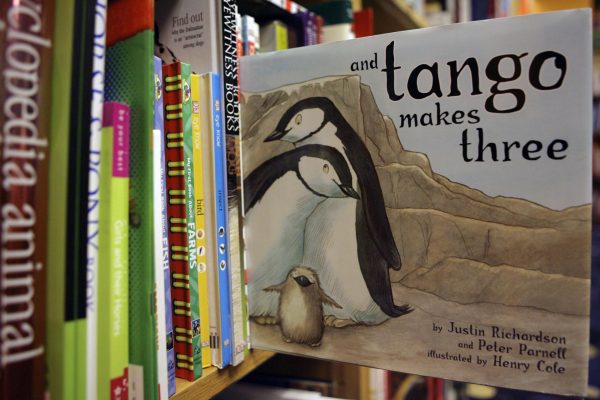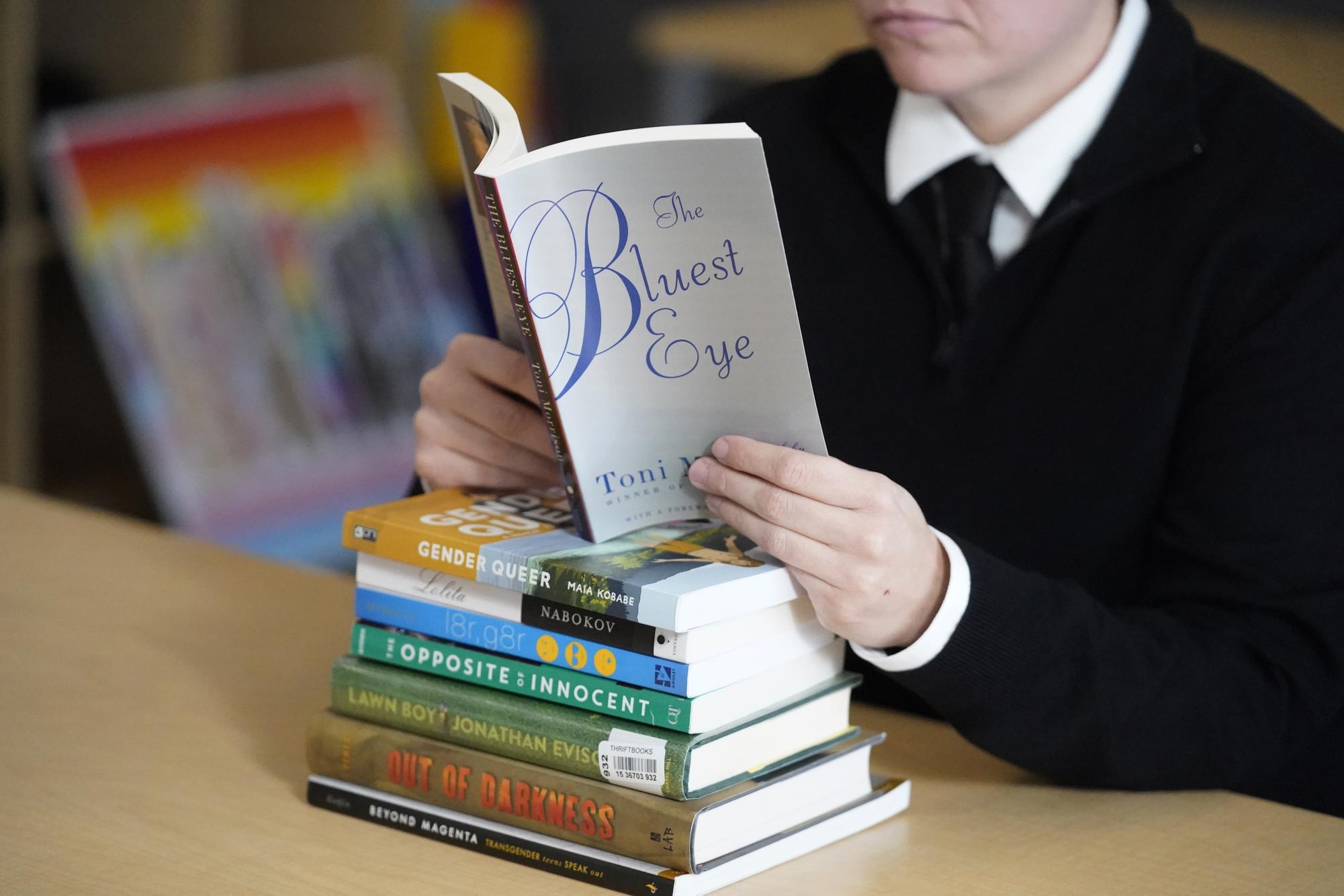
Beginning on July 1st, 2023, book bans grew drastically throughout the state due to the HB 1069 law, which required schools to suspend books in school libraries that are “alleged to contain pornography or obscene depictions of sexual conduct,” according to PEN America.
Florida school districts were heavily affected by this ban, with a total of 4,500 books banned in schools, the highest number of bans in the entire United States, according to Key Biscayne News. Of those districts, Escambia County had removed more than a thousand books from school shelves.
Some of the titles were even reported to include dictionaries, thesauruses, and other books unlikely to contain anything “pornographic” or “obscene,” PEN America notes.
However, after a lawsuit was filed by major publishers, including Penguin Random House and Simon & Schuster, the book section of the bill was ruled unconstitutional by U.S. District Judge Carlos Mendoza on August 13, 2025. Judge Mendoza explains that the law was unclear about the criteria for suspending and removing books from school libraries and “mandates the removal of books that contain even a single reference to the prohibited subject matter.”
This conclusion, however, does not end the debate over what should and should not be on school bookshelves. There is still conflict over what books are described as too inappropriate to be in schools, including certain classics like Looking for Alaska by John Green, Me and Earl and the Dying Girl by Jesse Andrews, Lord of the Flies by William Golding, and even The Perks of Being a Wallflower by Stephen Chbosky.

Supporters of book bans argue that certain restrictions are necessary to protect younger readers from inappropriate or explicit content.
“Ban inappropriate books if they aren’t used for educational purposes,” says Gia Jimenez, a GBHS senior.
But critics of the bans contend that broad, sweeping restrictions risk removing valuable educational material and silencing important perspectives.
“I don’t think books should be banned based on their context if it’s history,” says Hudson Brady, a GBHS junior.
For many, the issue even goes beyond concerns about content but rather about whose voices are being heard. David Lowery, an English composition teacher at GBHS, says that while discussions about age-appropriate reading are valid, the current wave of book banning seems motivated by something else entirely.
“I see it as an attempt to silence Black and gay voices under the pretext of being ‘for children,’” Lowrey says. “I haven’t read every banned book, but the ones I have are powerful and should be read by all who can.”
All sides seem to agree that clearer, more specific criteria would help schools strike a fairer balance.
Overall, the ruling against HB 1069 highlights just how complex the issue remains. While some standards are necessary to protect students, blanket bans and unclear rules risk silencing valuable voices and removing important texts from classrooms. Going forward, lawmakers and school districts will need to focus on transparent, specific criteria and involve parents, teachers, and even students in the review process.
Only then can schools strike a balance that shields children from genuinely harmful content without depriving them of the ideas and stories that help them learn, grow, and understand the world around them.


